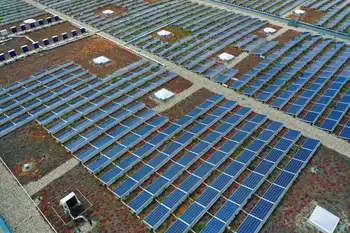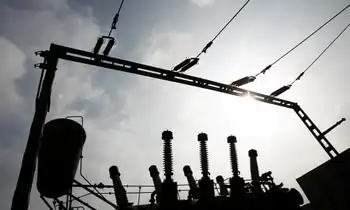Crisis to be overcome with coal reserves
Addressing a press conference after attending the fifth meeting of the Thar Coal and Energy Board at the Chief Minister House, Ashraf hoped that the development of Thar coal reserves would help in overcoming the prevailing power crisis.
He said that the government had resolved issues concerning the Karachi Electric Supply Company (KESC) including power purchase problems with the Water and Power Development Authority (WAPDA).
The minister said that there had been some improvement in KESCÂ’s performance while acknowledging that the distribution system of the power utility was very old and resulted in problems often.
Ashraf said that the KESC was facing the deadline of June 30, 2010, to revamp its electric supply system in 18 towns of the city. He said that the government has been monitoring the process of revamping the electricity system by the KESC.
Earlier, the board meeting decided that Block 5 of the Thar Coal Project would be allocated for underground gasification project as conceived by renowned scientist Dr Samar Mubarakmand.
It was decided that the Pakistan Electric Power Company (PEPCO) would work with the scientist on the project for expediting its early implementation. In the coming one-and-a-half-year, a 50 Megawatt (MW) pilot project is also expected to be completed. The minister said that power generation from the Thar coal reserves would commence soon. He said that the Asian Development Bank would provide assistance in carrying out a feasibility study for laying a 1200KVA HV DC line. In the first phase, 3000MW will be added which will be enhanced to 10,000MW in the later stages.
The PEPCO has been directed to complete the feasibility study of the project in three months.
Sindh Chief Minister Syed Qaim Ali Shah, who chaired the board meeting, said that so far the Lakhra coal was being sold and not used for power generation, but now a power plant would be set up on the Lakhra coal reserves for power generation.
Related News

Renewable power surpasses fossil fuels for first time in Europe
LONDON - Renewable power for the first time contributed a bigger share in the European generation mix than fossil fuels as the fallout from the pandemic cut energy demand.
About 40 percent of the electricity in the first half in the 27 EU countries came from renewable sources, compared with 34 percent from plants burning fossil fuels, according to environmental group Ember in London. As a result, carbon dioxide emissions from the power sector fell 23 percent.
The rise is significant and encouraging for law makers as Europe prepares to spend billions of euros to recover from the virus and set the…




